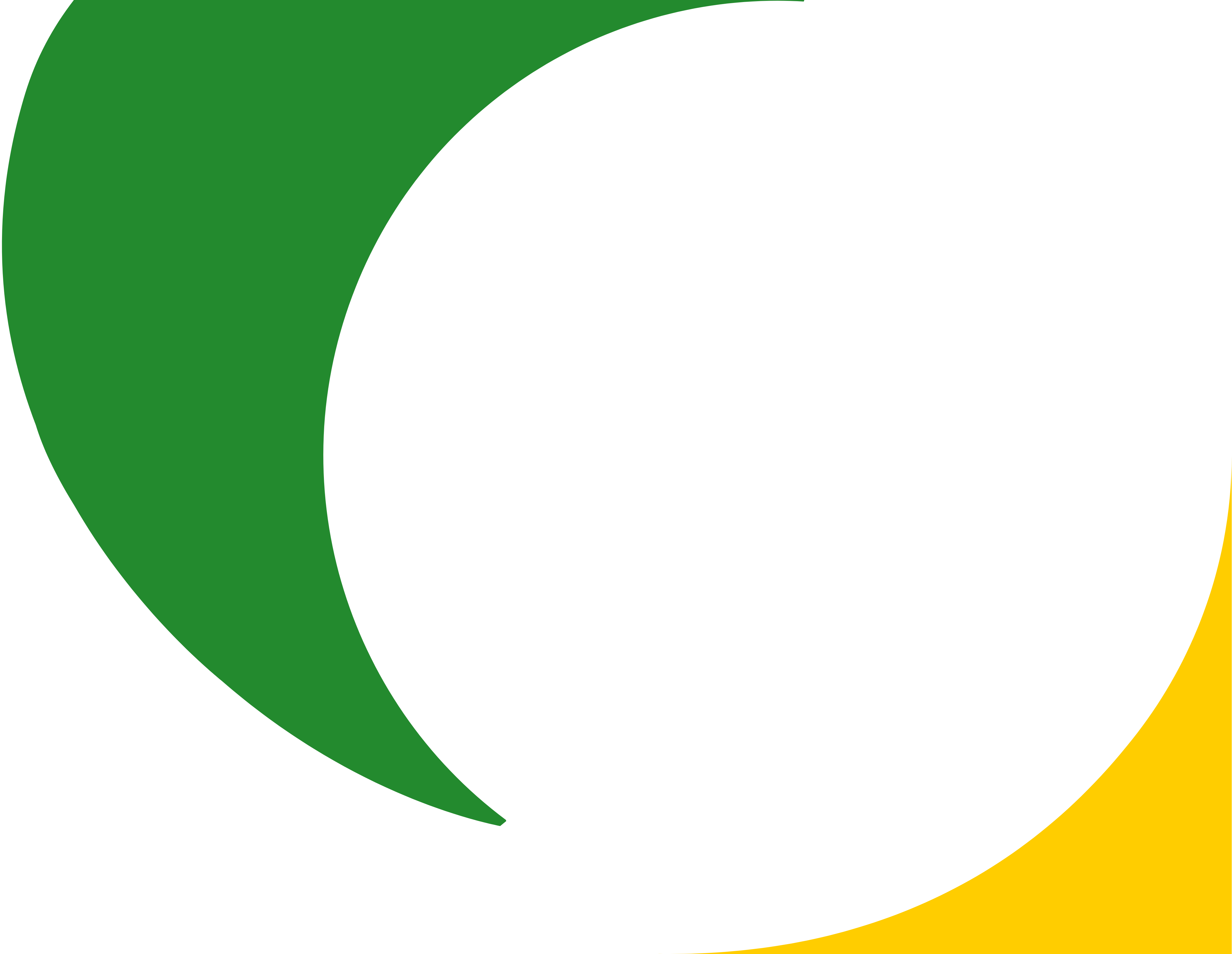Blogs
Ask any artiste, music composer or others in the creative industry about Article 13 and you will be greeted with a blank stare. It is amazing […]
Ask any artiste, music composer or others in the creative industry about Article 13 and you will be greeted with a blank stare. It is amazing […]


Ask any artiste, music composer or others in the creative industry about Article 13 and you will be greeted with a blank stare. It is amazing that so little is known about something that could impact their earning potential on all digital platforms.
What is Article 13 and how will it impact the rights holders and their earning potential?
Article 13 is part of the European copyright legislation aimed at updating copyright law for the digital age. However, it will not only affect Europe but other jurisdictions, including Jamaica. If passed, it will force social media platforms, such as Facebook, Google and YouTube, to have responsibility for unlicensed user-uploaded copyrighted material. The intent is to better protect creativity and find effective ways for copyright holders to protect their content online.
The International Confederation of Societies of Authors and Composers (CISAC) which represents 238 member-societies in 121 countries with more than 4 million member creators globally, explains the impact of Article 13.
“The proposed copyright directive is a big step forward in restoring the value of works to creators who make them. It also helps audio-visual authors, laying down principles that help screenwriters and directors achieve fair remuneration for their works”.
Lydia Rose, General Manager of Jamaica Artistes, Composers and Publishers (JACAP) in a chat with Do Business Jamaica said that the proposed push for the passing of Article 13 would mean that big Demand Side Platforms (DSPs) such as Google/YouTube would now have to pay Jamaican rights holders for all copyright content uploaded.
“Currently, only channels that have advertising is being paid,” Rose shared. “Youtube and other large tech firms operate under the law ‘safe harbor.’ They are not the ones uploading the content so they don’t have to pay for the content,” she further explained.
However, should article 13 become a reality, Rose said Google would still be able to stream content and share hyperlinks but they would now have to negotiate payment.
“More revenue would be directed from these large DSP’s to creators, ensuring that they too enjoy huge profits,” she said debunking the fear for some that the move could produce negative spin-off.
September 12, 2019 will be a critical day for creators in Europe and worldwide – as this is when the European Parliament votes on the European Union Copyright Directive, with vital implications for the rights and remuneration of all creators in the digital world.
Many upcoming artistes and even established ones rely on Facebook and YouTube as a marketing tool to publicize their work. If Article 13 is enacted, it will be in their favour, however if Google and YouTube are forced to pay, they may change the current terms agreement.